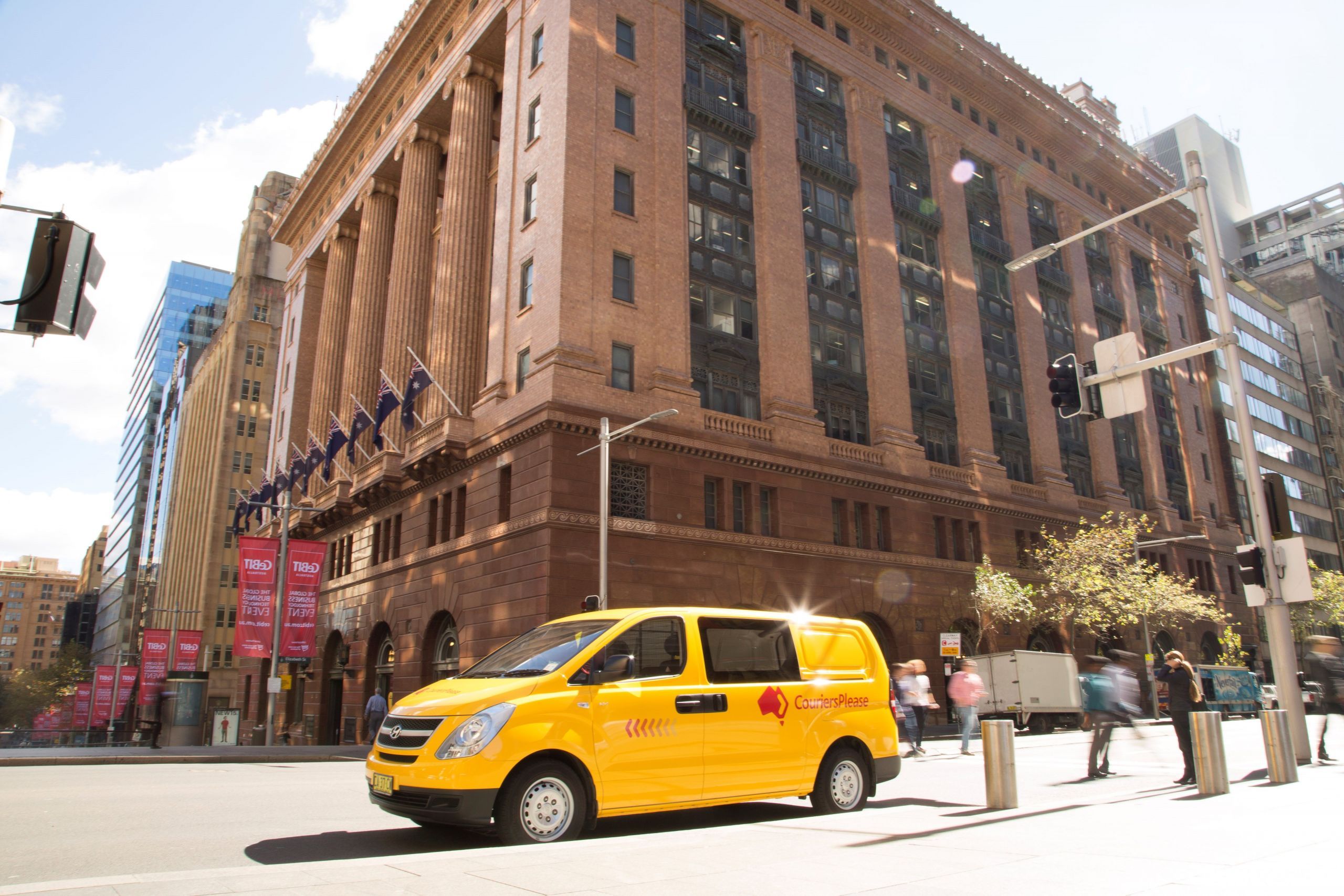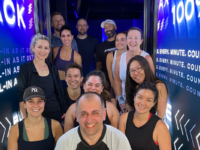When it comes to traditional retail, the tide is undoubtedly turning. A competitive landscape has seen in-store sales numbers drop across the country, even forcing big name retailers such as Jeanswest and Harris Scarfe to enter administration.
And while bricks and mortar retailers are bearing the brunt of a brutal shopping environment, another sector is picking up the slack. Courier franchises have steadily swelled in popularity over the past decade, buoyed primarily by a rising trend towards e-commerce services.
New reports from the Australian Bureau of Statistics reveal that the online retail sector turned over $17bn last year, up from $15.9bn in 2018, and it’s largely due to generational change.
“E-commerce has changed our purchase behaviours, with many of us now taking our shopping online due to convenience and the ability to compare prices,” Jessica Ip, spokesperson for national courier business CouriersPlease said.
“We’re seeing tech-savvy shoppers embrace e-commerce more than older generations, which could be due to retailers focusing and targeting the younger market through social marketing platforms such as Instagram and Facebook. However, it’s important that retailers don’t forget about the older market, as they are generally the ones with more disposable income.”
So, with consumers increasingly turning their attentions to e-commerce, how are courier franchises preparing for the influx of business?
Technology growth
Technology development in the delivery and logistics space was relatively stagnant prior to the mid 2000s. The introduction of on-demand services like Uber that offered geographical data changed the way consumers interacted with brands, but only now in 2020, are courier franchises getting on-board.
Ip said technology would prove to be the driving force behind growth in the courier industry, with consumers demanding flexible delivery and real-time updates.
“Last-mile is very much a part of a retailer’s brand, so it’s important that as a parcel delivery service, we compliment the experience their customers are having in-store in the same way they are when purchasing online,” she said.
“We are doing this through our investment in technology – such as our parcel delivery sortation system which comprises automatic parcel weight and measurement, a cross-belt and five-sided camera scan, which negates manual handling by depot staff. We have also rolled out our route optimisation tool used by all of our drivers, which is a GPS-enabled device that allows us to see where they are and should be. This is a huge opportunity for us to provide further transparency to customers to enable first-time delivery.”
Flexibility
For courier businesses, it’s no longer a case of just delivering clothes to people at home. The last-mile experience now extends after hours and into the weekend, which Ip said opens the opportunity for franchisees to enjoy stronger work/life balance.
“Many are turning to online shopping to save them time, too. As such, they don’t want to wait around for parcels to be delivered,” she said.
“Courier franchises work well in that franchisees have flexibility and aren’t tied to working a particular shift. With spikes and sometimes lulls in retail spend around particular times of the year, franchisees can adjust their workload accordingly and also look back to see trends in when there will be busier periods.”
But despite the e-commerce boom contributing to an increasing demand for courier franchises, the sector isn’t without its challenges.
Challenges
Ip revealed there is a continued expectation from consumers to provide low-cost or free delivery.
“Our challenge is to balance it and educate them on the costs surrounding parcel delivery – the time it takes for drivers to pack items, transport the goods and deliver it,” she said.
“Drivers are delivering parcels to multiple locations including parcel lockers but there is still the expectation of free delivery. The next phase of challenges we anticipate though is the speed of deliveries; however, there is a high base cost to operate this across any carrier.”
While still largely unknown, Ip said the future for courier franchises is looking strong. An estimated double-digit percentage growth in the e-commerce industry will drive further demand, with customer service backed by technology updates likely to be the deciding factor.
“We’re focusing on creating a premium experience for customers, initially through the roll-out of our live GPS capability for drivers,” she said.
“It allows us to manage things before it happens – such as anticipated delays – and provides greater transparency for customers to increase a successful rate of delivery and pick up. Our future will also see us invest heavily in technology to provide this experience, which will be a differentiator for CP among competitors. We want to work seamlessly across the supply chain to enable this and evolve into a logistics business that is enabled by advanced technology.”











